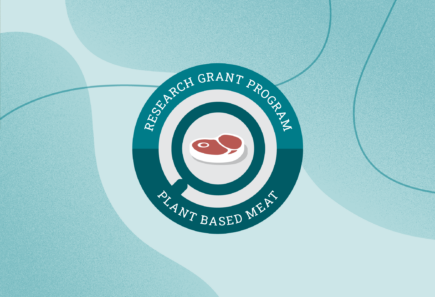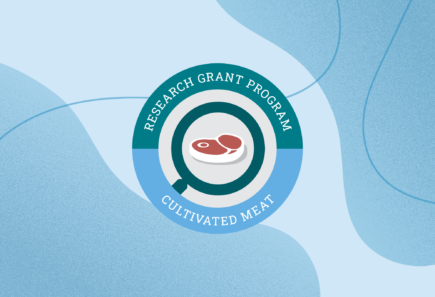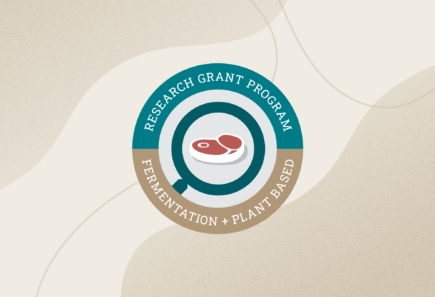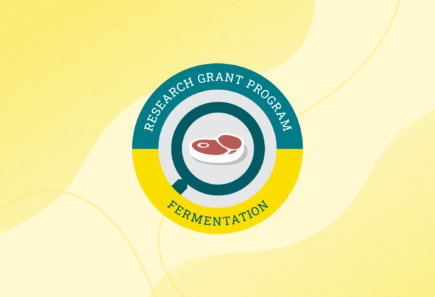
Sunflower byproducts for sustainable food
Years active: 2024This project uses sustainable processing to transform sunflower meal into a protein-rich, eco-friendly ingredient for human food.

This project uses sustainable processing to transform sunflower meal into a protein-rich, eco-friendly ingredient for human food.

This project generates low-cost, high-performance hydrolysates from seaweed proteins for cell culture media to support cultivated meat production.

This project called Wheat-UP will upcycle wheat bran into new ingredients for hybrid foods using oils from yeast and mycelium protein biomass.

New protein extraction processes will be developed for yeast-based meat proteins to reduce costs and negative environmental impact.

Utilize bioinformatics to characterize cell populations in fish muscles, employing this data to directly convert fish fibroblasts into muscle cells.

This project will leverage multi-omic data to analyze several fish species in depth.

This project will produce an animal-free source of nutrients from upcycled waste streams for fish cells, enabling reductions in the cost of cultivated fish.
Consumer and sensory research can help companies and academic researchers better understand seafood consumers' needs and desires. Understanding consumers' needs will allow alternative fish researchers to ask and prioritize the correct biological and technical questions. Appropriate and thoughtful prioritization can avoid unnecessarily diluting resources in the short term and ensure that the expanding product landscape in the long term is well-matched to customer expectations.
A lack of publicly-available cell lines from relevant species and cell types continues to be a challenge for the field of cultivated seafood. Addressing this challenge will require further investigation into the basic biology of aquatic species, development of optimized cell isolation procedures, and sharing of cell lines via existing and new repositories.
There has been little publicly announced R&D and commercial effort to develop cultivated, fermentation-derived, or hybrid surimi. Compared to other meat products, surimi is likely to be by far one of the easiest to replicate well.